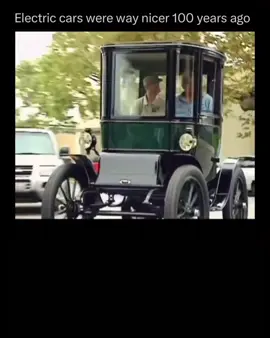GLAMOUR UK
Region: GB
Friday 07 November 2025 11:07:47 GMT
20124
2114
17
182
Music
Download
Comments
Ryan Nield675 :
She looks like Emily Blunt
2025-11-07 17:11:56
21
Macie :
I can’t deal with how freaking STUNNING this girl is 🔥🔥🔥🔥🔥🔥🔥🔥🔥🔥🔥🔥🔥🔥
2025-11-07 17:24:14
16
D’art Brider :
Gorgeous girl and also a good actress 👍🏻
2025-11-09 20:00:37
0
samambaiaz :
cor mi🙏🏻🙏🏻🙏🏻
2025-11-07 11:11:04
1
Sadie's wife :
SHE'S MY WIFE OMGG
2025-11-07 21:06:38
2
Chris Hernandez :
Ruffff
2025-11-07 13:11:12
2
𝑲𝒂𝒓𝒍𝒚-𝑨𝒏𝒏𝒆ꨄ︎♥️ :
MOTHER 🙏
2025-11-07 11:16:52
2
Brodo_Swaggins :
2025-11-07 20:18:27
1
VibinwithMelanie :
2025-11-07 22:35:23
0
x005x :
my queen
2025-11-07 21:11:14
0
S_S :
😞
2025-11-08 00:37:36
0
✨ :
🤩🤩🤩
2025-11-07 20:42:22
0
ANTONYSEC2001 :
📸
2025-11-07 16:15:30
0
💞💘𝓛𝓸𝓻𝓭𝓮𝓢𝓪𝓭𝓲𝓮💓💖 :
🔥🔥🔥🔥🔥🔥🔥🔥🔥🔥🔥🔥🔥🔥🔥🔥🔥🔥🔥🔥🔥🔥🔥🔥🔥🔥🔥🔥🔥🔥🔥🔥🔥🔥🔥🔥🔥🔥🔥🔥🔥🔥🔥🔥🔥🔥🔥🔥
2025-11-07 14:00:39
0
Apple User544922 :
¿Es lesbiana o es bisexual?
2025-11-07 17:10:09
0
To see more videos from user @glamouruk, please go to the Tikwm
homepage.





